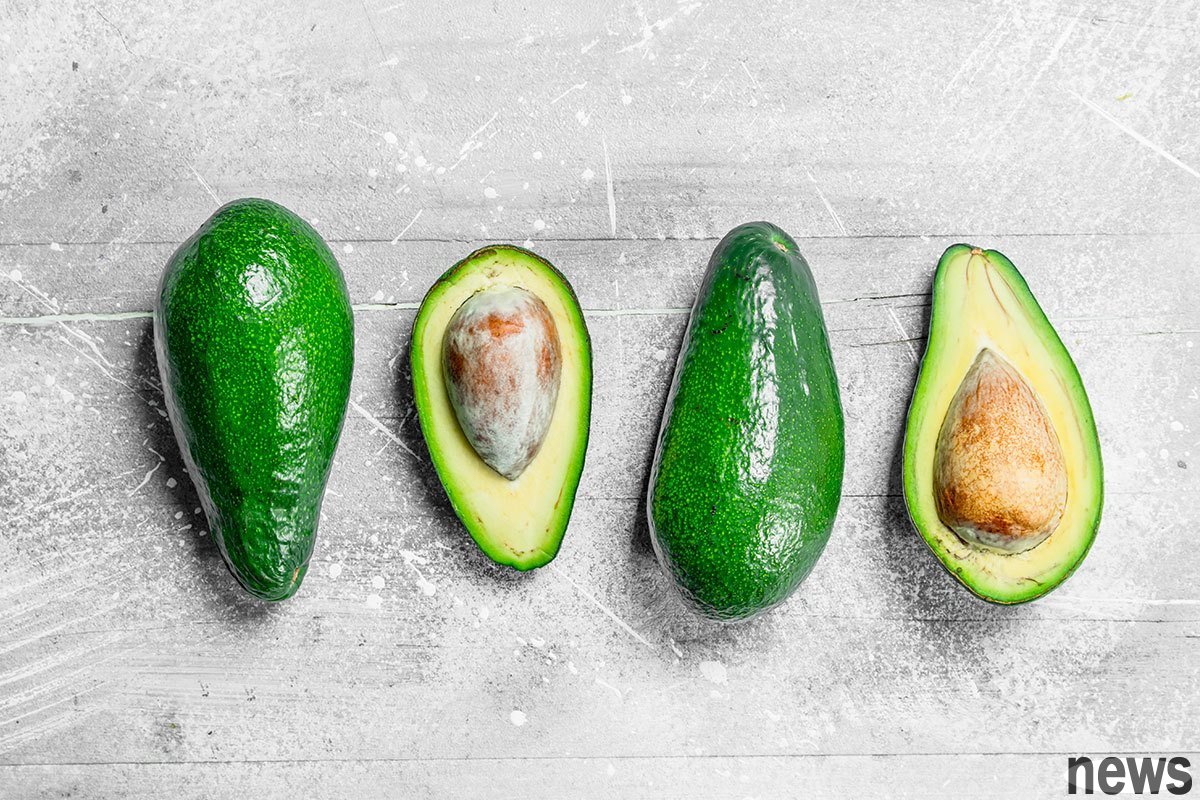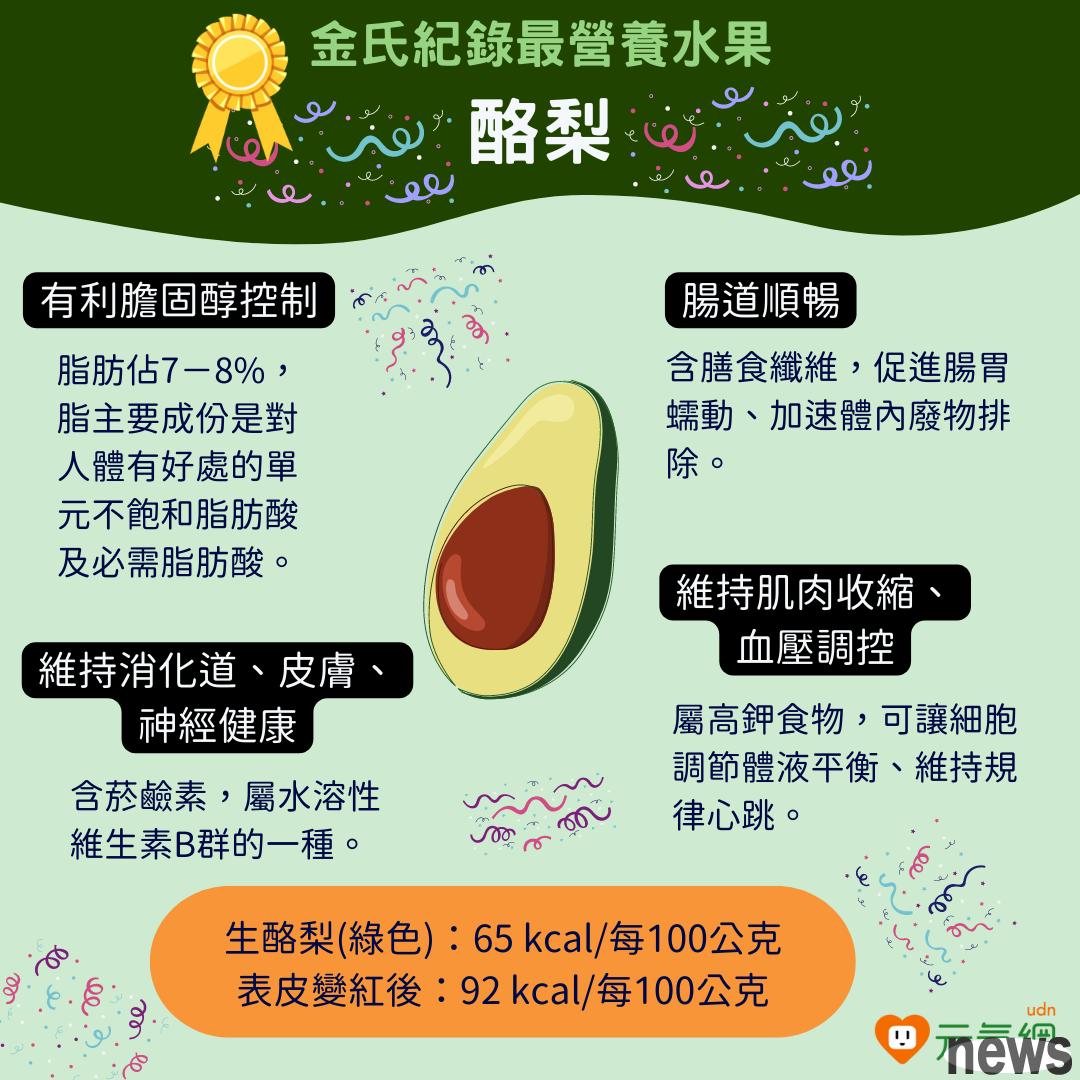The "avocado" in the forest is known as the most nutritious fruit because it is rich in vitamins and minerals such as fat, fat-soluble phytochemicals, leaf acids, etc. Taiwan is the avocado season from June to September every year. In addi...

The "avocado" in the forest is known as the most nutritious fruit because it is rich in vitamins and minerals such as fat, fat-soluble phytochemicals, leaf acids, etc. Taiwan is the avocado season from June to September every year. In addition to being made into avocado milk and enjoyed with specific vegetables, its nutritional value will be even greater.
How nutritious is avocado? It is important to know that the five major nutritional values1. Prevent cardiovascular diseases
Avocado is a fruit, but in terms of nutritional ingredients, more than 70% of the ingredients are oils, so it is classified as "greases and fruit seeds". Avocado, like olive oil, contains rich monosodium and fatty acids. Studies have found that these fatty acids are very beneficial to the cardiovascular system, helping to reduce total sterol, increase high-density lipoprotein sterol (HDL), and preventing remedies such as dysclerosis and heart disease. If diabetics can pair avocado in their diet, it will also help control blood sugar and triglycerides.
{2. Help fat-soluble vitamins absorb
vitamin E, β fat-soluble vitamins such as hus, corn huang, and leaf huang must be absorbed through additional oils and fats. However, avocado itself is rich in oils and fats, and at the same time contains these nutrients, which is more helpful to the human body's absorption than other fruits and vegetables. If you take vegetables and vegetables with high fat-soluble vitamins such as tomato, pumpkin, corn, and red berry, you might as well enjoy them with avocado, which will complement each other.
3. Antioxidant and anti-inflammatory
Avocado is rich in vitamin C, vitamin E, and various fat-soluble phytochemicals, which help reduce the damage of free radicals on the body and achieve anti-aging and anti-inflammatory effects. Research has found that if you can eat avocado regularly, it will help the body establish a complete antioxidant mechanism, including health care, prevention of the occurrence of many chronic diseases such as the three highs, breast cancer, etc.
4. Helps the health of the kidneys
Avocado is rich in oil and has a kidney-enhancing effect. In addition, it has a high fiber content (every 100 grams of avocado, rich in fiber of 6.7 grams), which helps the reproduction of probiotics in the kidneys, which is beneficial to the kidneys and digestive systems.
5. Helps weight control
Avocado is oil, can it actually reduce weight? Research has found that eating the second half of avocado for lunch can reduce appetite by as much as 5 hours. This is because oil can increase the feeling of footing after eating and will not affect the rise and fall of blood sugar. More and more studies have found that the substance that really makes people fat is sugar, so when eating avocado, if you can eat low-saccharides at the same time, the weight reduction effect will be better. However, avocado itself is oil, and it is recommended not to take more than half a day intake, otherwise excessive amounts may still gain weight.

●Avocados salsa green sauce
Mix avocados, tomatoes, garlic, tarts, peppers, and olive oil together, and can be eaten with various sauces.
●Avocado salad
Slices of avocado with lettuce, raw peppers, raw stew, eggs, cooked pumpkin and stew are a nutritious meal.
●Avocado greens are cooked with iron
avocado, banana, spinach, and beans, which can replace breakfast or snacks.

(Responsible editor: Ye Zicen)